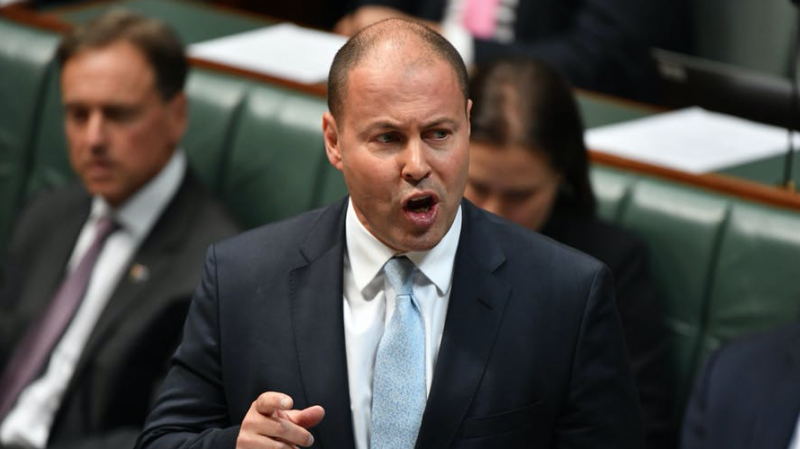Industry responds to mandatory code forcing Facebook and Google to pay for content
Treasurer Josh Frydenberg’s announcement that the previously voluntary Australian Competition and Consumer Commission (ACCC) code will now be mandatory, seeing Facebook and Google forced to pay for news, has sent shockwaves across the industry.
The decision was made amidst a failure to create a voluntary code, with Frydenberg saying ‘insufficient progress’ had led to the mandatory ruling.

Frydenberg said the code will attempt to “level the playing field”


… Google and Facebook not off-shoring and paying their fair-share of tax.
Struggle to understand this issue, while all media and news outlets know of one low quality online outlet in particular that copies and pastes others’ news content rather than do their own reporting and journalism.
This seems more about declining advertising dollars and influence of traditional media outlets whom are challenged by digital and especially the reach of Google, Facebook and international media.
Conversely, while Australian outlets have a significant online presence, Google and Facebook promote the same outlets’ news by way of posting news headlines with a brief description then allowing people to click through to the original.
Without access to analytics, surely there must be some significant codependency, hence, is this really just about content but about retaining influence for major traditional outlets and their business models (being disrupted multiple ways already)?
I don’t get it either, at least for Google. It is search engine. If you search for something you want to buy, and click on an add shown in Google’s search results, the advertiser pays google for the click. No content, just matching buyer and seller. That advertiser may have long ago paid for Yellow Pages ads (an actual, direct victim of Google). It may have advertised in Fairfax … not because people bought Fairfax newspapers to see ads for sunglasses, but because that was somewhere that some potential buyers happened to be, and the advertiser had little choice. Google just does it better, as determined by the buyers of sunglasses.
Google also indexes content. This article is an example. It is not published in a traditional media outlet. But Google only gets money if this site hosts google ads, and if it does, the owner of the website gets money from Google.
So essentially the demand is for Google to pay when people visit certain search results, search results owned by legacy media. This is going to put new media websites, like this one, or The Roar, at a disadvantage.
What if Google stops indexing such content, or downplaying it (perhaps tweaking algorithms to encourage media diversity, who could object?) How do you get money from Insta influencers? From ads in apps?
The only practical answer to actually support legacy media is some very ugly, crass levy. So now dollar signs light up in the eyes of the press barons, who imagine some kind of levy … for what? Just for being there? Meanwhile, those who campaign for higher taxes on the digital giants can celebrate the victory of a new tax … going to newspaper shareholders and employees.
Or maybe, like the ‘religious freedom’ bill, this will turn out to be a hard, horrible mess, trapped in contradiction and delay.